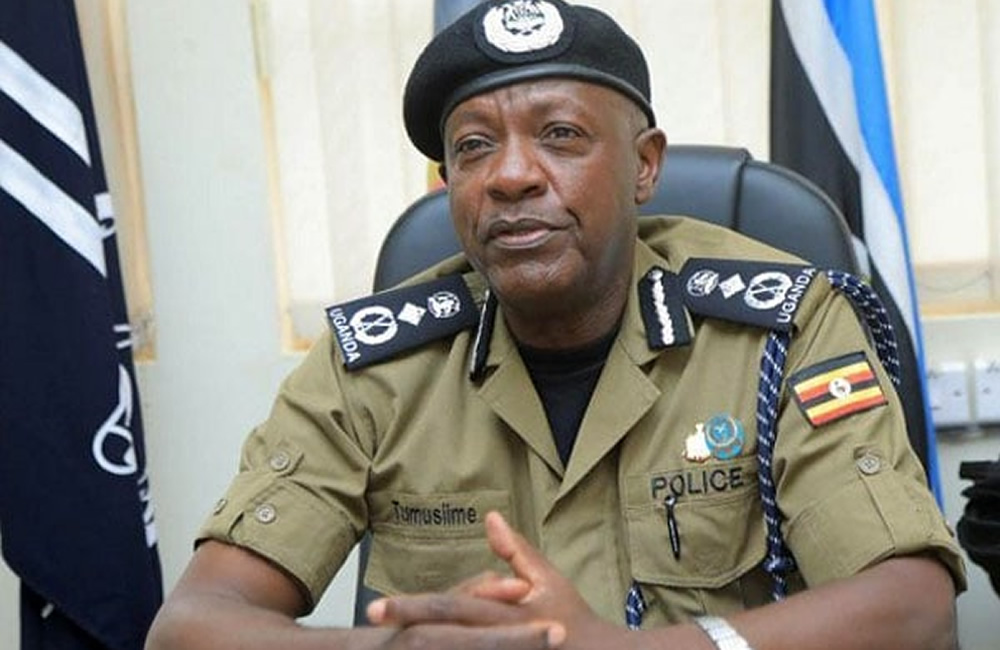
Uganda’s Inspectors General of Police
Uganda has been served by several Inspectors-General and Commissioners of Police. Here is a list of Inspector Generals of Police since the country attained its independence in October 1962.
Michael J. Macoun, 1959-1964
Lt. Col. Wilson Erinayo Oryema, 1964-1971
Benjamin Othieno, 1971-1974
Luke Ofungi, 1974-1975
Kassim Musa Obura, 1975-1977
Odria, 1977-1979
David Nsubuga Barlow, 1979
William Musoke, 1979-1980
Boniface Aaron Okoth-Ogola, 1980-1985
Luke Ofungi, 1985-1990
David Psomgen, 1990
Apollo Byekwaso, 1990-1992
John Cossey Odomel, 1992-1999
John Kisembo, 1999-2000
Lieutenant-General Edward Katumba Wamala, 2000-2005
Major-General Edward Kale Kayihura, 2005-2018
Martin Okoth Ochola, March 2018 to March 2024
Geoffrey Katsigazi Tumusiime, March 2024 to date
Read More
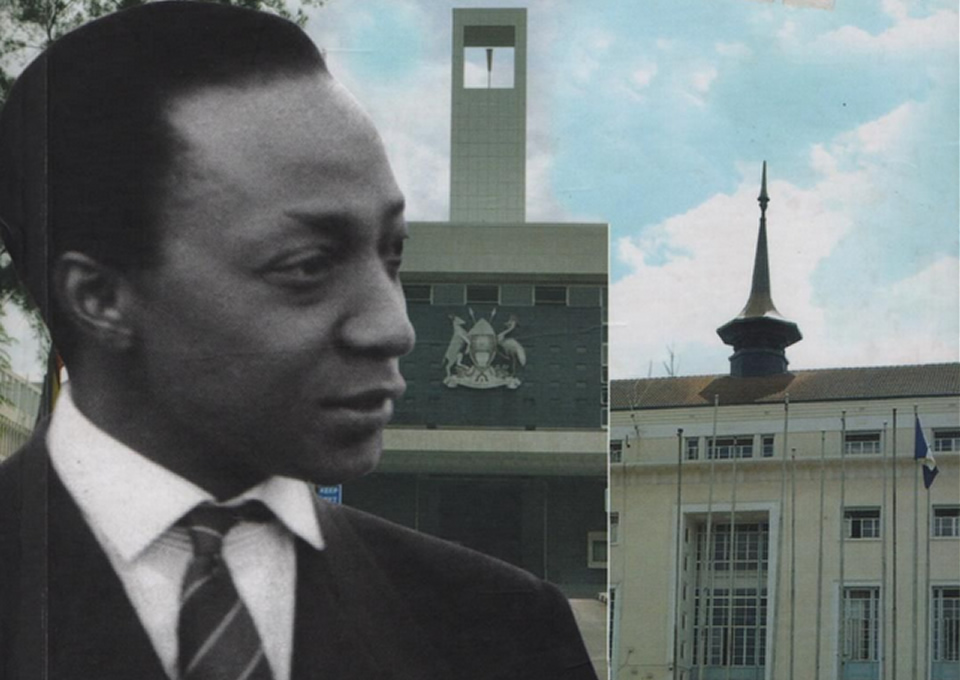
Sir Edward Muteesa II’s Speech on Independence Day – 9th Oct 1962
Sir. Edward Fredrick Luwangula Muteesa II is the first president of Uganda. He was also the Kabaka of Buganda Kingdom, the largest ethnic group in Uganda. Here is his first speech as the president of Uganda.
Ever wondered how the founder of Modern day Uganda was/has been honored and
commemorated? Well, well, thanks to Buganda Archives, the writing is on the wall. We commemorate the Founder of modern day Uganda every year since 9th
October 1962. Enjoy the history
*Sir Edward Muteesa II Independence Day Speech at Kololo*
*Fellow Countrymen,*
*It shall go down in history, that, it was on the 9th October, 1884, when Ssekabaka Walugembe Muteesa I, the founder of Modern Day Uganda, breathed his last. Ssekabaka Muteesa I was buried in his palace at Nnabulagala, Kasubi on 25th October, 1884.*
* *
*Therefore, I feel both honoured and humbled, to be named after my great grandfather Ssekabaka Walugembe Muteesa, and also because I have lived till this day when the British have relinquished power into our hands, after being under their protection for a period of 68 years.*
* *
*During that period, we have experienced moments of sadness. However, there have also been moments of joy. Nevertheless, we thank the good Lord for His grace, love and, all the efforts made by the Missionaries to develop our nation and country, Uganda.*
* *
*Now, that we are independent, I appeal to you all to work with all your might in whatever you shall do, so as to bring glory to both our kingdoms and the State of Uganda. Let us not allow our differences in nations, religion and colour to be a divisive factor among our people.*
* *
*God Bless Uganda,*
* *
*Sir Col. Edward Muteesa II *
* *
*Kabaka*
* *
*9th October 1962***
Courtesy of Nviiri
Read MoreList of Uganda’s Attorney Generals
The attorney general of Uganda is the principal legal advisor of Uganda’s government. The office of the attorney general is a cabinet level position. Here is the list of the different attorney generals that have served Uganda since independence.
P.J. Wilkinson, 1954-1961
C.G.F.F Dreschfield, 1961-1962
Godfrey Lukongwa Binaisa, 1962-1967
Lameck Lubowa, 1967-1971
P.J. Nkambo Mugerwa, 1971-1974
Godfrey S. Lule, 1974-1977
Matthew B. Matovu, 1977-1979
Dani Nabudere Wadada, 1979
George W. Kanyeihamba, 1979-1980
Stephen Omoding Ariko, 1980-1985
Samuel K. Kutesa, 1985-1986
Joseph N. Mulenga, 1986-1988
George W. Kanyeihamba, 1988-1991
Abubakar Kakyama Mayanja, 1991-1994
Joseph Kalias Ekemu, 1994-1996
Bert Magunda Katureebe, 1996-2000
Francis Joash Ayume, 2000-2004
John Patrick Amama Mbabazi, 2004-2005
Edward Khiddu Makubuya, 2005-
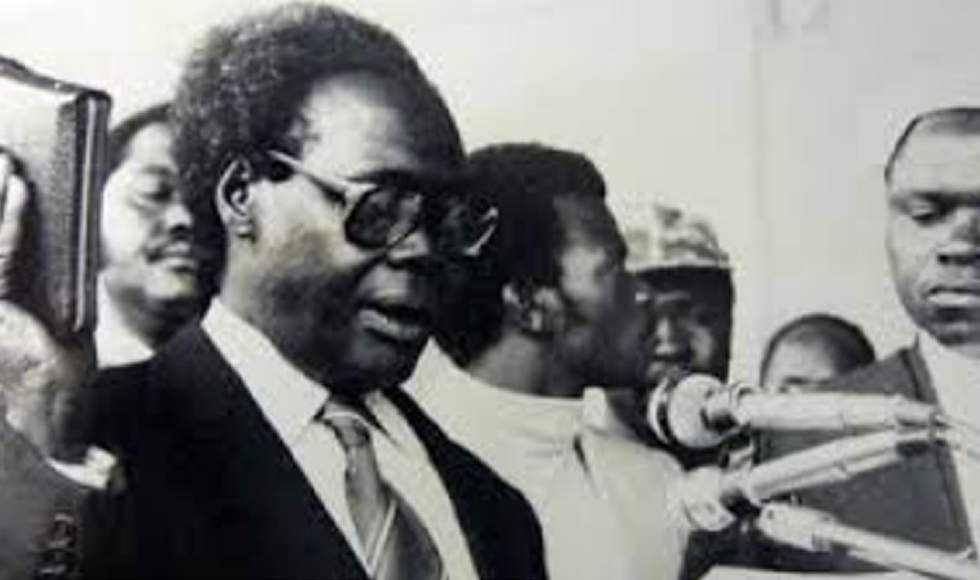
Obote Swearing in as President
Apollo Milton Obote ruled Uganda twice as the president of the Republic of Uganda. He became the president of Uganda in 1966 and he was overthrown in 1972 by Idi Amin Dada.
Obote got a chance to gain power in 1980 from a highly contested election that the opposition termed as rigged!
On 10th December, 1980, Apollo Milton Obote was sworn in as Uganda’s president, becoming the first African president ousted in a military coup to recapture the presidency.
Milton Obote took the oath of office Monday as president of Uganda nine years after he was ousted by Idi Amin and called on his countrymen to unite in building ‘a new future’ for the African nation.
Obote, 55, whose election was disputed by the opposition party, drove in his white Mercedes Benz to the steps of Parliament where the country’s new chief justice, George Masika — attired in red robes and a white wig — administered the oath.
‘In my life I have faced challenges and intimidating tasks,’ said Obote, who led Uganda from independence until overthrown by Amin in 1971. ‘But never have I been faced with formidable challenges such as we now face.’
Hundreds of cheering Ugandans waved posters of Obote and sang and danced as the government and military bands played the national anthem and the theme of the Uganda People’s Congress, Obote’s party.
‘We have problems, we have friends, we have the ability to do a number of things, we have natural resources,’ said Obote, who has promised to abandon past socialist views to rescue the country’s economy from the chaos of the Amin years.
‘It may be difficult but together it should be possible for all of us to rebuild Uganda.’
In Washington, the State Department declined comment on Obote’s election, saying it would rather await a report by a British Commonwealth observer team on alleged irregularities in the election.
Obote called upon the Democratic Party to accept last week’s national elections. But party leader Paul Ssemogerere stayed away from the inauguration and called a strategy meeting of the party’s national leadership.
The Democratic Party has charged that widespread intimidation and tampering with election returns helped Obote’s party win 69 seats in the 126-seat Parliament. The Democratic Party won 55 seats and two seats went to a smaller party.
Obote told the Democratic Party its ‘role as the opposition party is as challenging as the role of the UPC and the government. Our destiny is the same. We either rise or sink together.’
The new president, who spent nine years exiled in Tanzania during the Amin regime, said ‘We shall work for reconciliation, we shall insist on no revenge. The past is gone, we start a new future.’
Obote’s party won 17 seats — more than the margin of victory — after Democratic Party candidates were disqualified. While the disqualifications were based on flimsy legal grounds, the opposition party is expected to have little success in changing the results in court.
The army ousted him for the second time in 1985.
Read More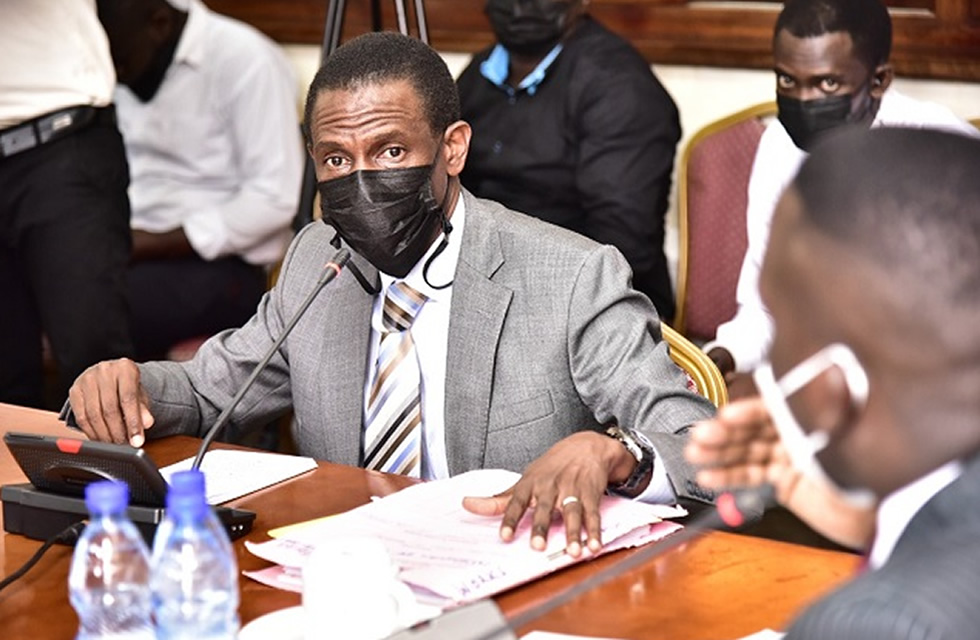
Uganda’s Attorneys General
The attorney general of Uganda is the principal legal advisor of Uganda’s government. The office of the attorney general is a cabinet level position. Here is the list of the different attorney generals that have served Uganda since independence.
P.J. Wilkinson, 1954-1961
C.G.F.F Dreschfield, 1961-1962
Godfrey Lukongwa Binaisa, 1962-1967
Lameck Lubowa, 1967-1971
P.J. Nkambo Mugerwa, 1971-1974
Godfrey S. Lule, 1974-1977
Matthew B. Matovu, 1977-1979
Dani Nabudere Wadada, 1979
George W. Kanyeihamba, 1979-1980
Stephen Omoding Ariko, 1980-1985
Samuel K. Kutesa, 1985-1986
Joseph N. Mulenga, 1986-1988
George W. Kanyeihamba, 1988-1991
Abubakar Kakyama Mayanja, 1991-1994
Joseph Kalias Ekemu, 1994-1996
Bert Magunda Katureebe, 1996-2000
Francis Joash Ayume, 2000-2004
John Patrick Amama Mbabazi, 2004-2005
Edward Khiddu Makubuya, 2005-2011
Peter Nyombi: 2011 until 2015
Fred Ruhindi: 2015 until 2016
William Byaruhanga: 2016 – 2021
Kiryowa Kiwanuka: 2021 – to date
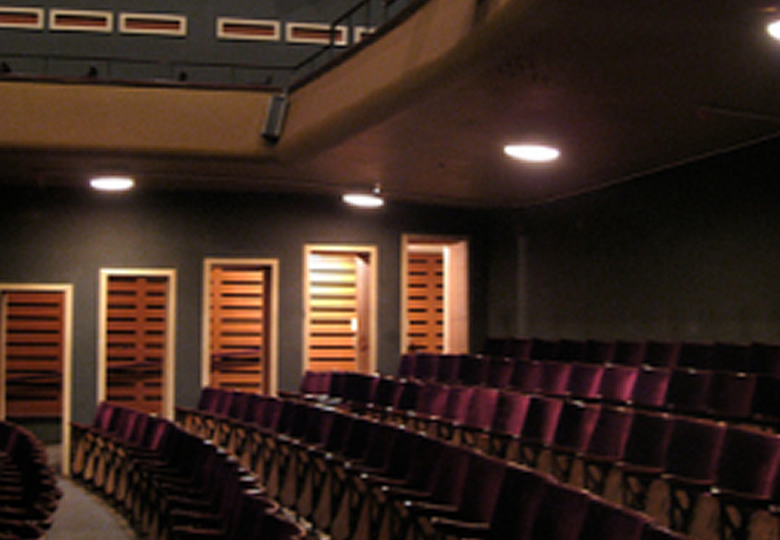
National Theatre Awards (1976-1993)
Source: The Uganda Almanac, 1997
1976
Best actor: Christopher Mukiibi, Ekinyumu
Best actress: Rose Mbowa, Hamlet
Best production: Ngoma Players, The City Game
Best script: Kings’ College Budo, Destined To Your Mother’s Breast
1977
Best actor: Aroma Sezzibwa, Enkomero Ya Byona
Best actress: Vivian Mbiire, Kasokka Mbirya
Best production: Masaka Dramactors, Ejjembe Lya Sessanga
Best script: Maya Dramatic Society, Keziya Yabyesombera
1978
Best actor: Sam Kagoda, Kaliisoliiso
Best actress: Deborah Sentumbwe, Amaka Mazibu
Best production: Namasagali College, Song Of The Bantu
Best script: Asiita Theatre Company, Engule Ya Kamukuukulu
1979
Best actor: Joseph Kayiru, Saamanya
Best actress: Stella Nanziri, Dan-Dina-Don
Best production: Namasagali College, Song Of The Gospel
Best script: Jinja Dramatic Society, Akafa Omukuto
1980
Best actor: Joseph Walugembe, Endless Nights
Best actress: Judith Naluggya, The Skin Of Our Teeth
Best production: Asiita Theatre Company, Ensolo Za Maziga
Best script: D. Kiwanuka-Sembali, Mulumba Omutukirivu Ne Banne; Fagil Mandy, Endless Night
1981
Best actor: Badru Ntege, Ndibassa Ekitta Bonna
Best actress: Halima Nassuna, Ekitangaala Mu Nzikiza
Best production: Black Pearls, Ekitangaala Mu Nzikiza
Best script: Simon Kawagga-Byansewa, Life After Death
1982
Best actor: Harry Matovu, Ennaku Y’Obugamba
Best actress: Domine Ngamije, Omuzadde N’Omwana
Best production: Namasagali College, Song Of Impi
Best script: Simon Kawagga-Byansewa, Life After Death
1983
Best actor: Stephen Ogwang, The Marriage Of Anansewa
Best actress: Jane Nansubuga, Ebweru Telemerwa
Best production: Makerere University Music, Dance and Drama Department, The Marriage Of Anansewa
Best script: Jacob Bulezi-Kasozi, Essanyu Lya Ssanyu
1984
Best actor: Actor unknown, Omugwetwa Noha
Best actress: Joyce Kikomeko, Lubwama
Best production: Linda Dramatic Society, Ngana Gumwoyo
Best script: Kabalega Secondary School, Behind The Reed Fence
1985
Best actor: Andrew Benon Kibuuka, Akasambattuko
Best actress: Teddy Nassuuna, Ejjembe Lya Gaboggola
Best production: Namasagali College, Land Of Make Believe Revisited
Best script: Uganda Music and Drama Society, Nalunga Wa Jjuko
1986
Best actor: Charles Wakhata, Abagiri
Best actress: Prossy Nassali, Agaali Amakula
Best production: Bakayimbira Dramactors, Agaali Amakula
Best script: Lugazi Dramatic Society, Embuga Ya Kiwandagala
1987
Best actor: Jackson Ndawula, Enjawulo Ye’mu
Best actress: Jacqueline Lule, At Mama Kapi’s
Best production: Linda Dramatic Society, Yee Ye
Best script: Student Theatre Company, The Rejection
1988
Best actor: Solomon Nkoyooyo, Liz
Best actress: Reste Kaddu, Fences
Best production: Unknown group, Fences
Best script: Christopher Mukiibi, Unknown script
1989
Best actor: Jenkins Oryem, Great Caesar
Best actress: Unknown
Best production: Unknown
Best script: Espaliers, Bazibu
1990
Best actor: Abbey Kakande, Musayi Gwange
Best actress: Agnes Nalubega, Omunala
Best production: Black Pearls, The Divided Family
Best script: Bakayimbira Dramactors, Omunala
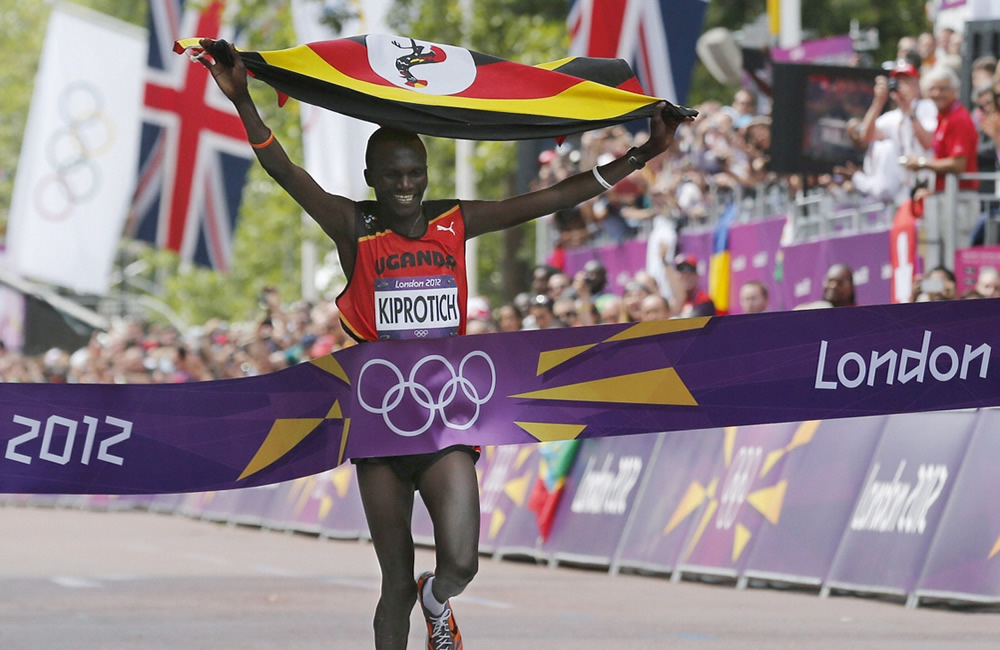
Uganda’s Olympic and Commonwealth Games Medalists
Olympic Games medalists
1968: Mexico City, Eridadi Mukwanga, Boxing, Silver
1968: Mexico City, Leo Rwabwogo, Boxing, Bronze
1972: Munich, John Akii-Bua, Athletics, Gold
1972: Munich, Leo Rwabwogo, Boxing, Silver
1980: Moscow, John Mugabi, Boxing, Silver
1996: Atlanta, Davis Kamoga, Athletics, Bronze
Commonwealth Games medalists
1954: Vancouver, Patrick Etolu, Athletics, Silver
1958: Cardiff, Thomas Kawere, Boxing, Silver
1962: Perth, George Oywello, Boxing, Gold
1962: Perth, Peter Odhiambo, Boxing, Gold
1962: Perth, Francis Nyangweso, Boxing, Bronze
1962: Perth, Kesi Odong, Boxing, Silver
1962: Perth, Amos Omolo, Athletics, Bronze
1962: Perth, Benson Ishiepai, Athletics, Bronze
1962: Perth, John Sentongo, Boxing, Bronze
1966: Kingston, Alex Odhiambo, Boxing, Bronze
1966: Kingston, Mathias Ouma, Boxing, Bronze
1966: Kingston, Benson Ocan, Bronze
1970: Edinburgh, Judith Ayaa, Athletics, Bronze
1970: Edinburgh, James Odwori, Boxing, Gold
1970: Edinburgh, Leo Rwabwogo, Boxing, Silver
1970: Edinburgh, Deogratias Musoke, Boxing, Silver
1970: Edinburgh, William Koskei, Athletics, Silver
1970: Edinburgh, Mohamed Muruli, Boxing, Gold
1970: Edinburgh, Benson Masanda, Boxing, Gold
1974: Christchurch, Silver Ayoo, Athletics, Silver
1974: Christchurch, Men’s 4x400m, Athletics, Bronze
1974: Christchurch, James Odwori, Boxing, Silver
1974: Christchurch, John Byaruhanga, Boxing, Bronze
1974: Christchurch, Ali Rojo, Boxing, Silver
1974: Christchurch, Shadrack Odhiambo, Boxing, Silver
1974: Christchurch, Ayub Kalule, Boxing, Gold
1974: Christchurch, Mohamed Muruli, Boxing, Gold
1974: Christchurch, Benson Masanda, Boxing, Bronze
1982: Brisbane, Ruth Kyalisima, Athletics, Silver
1982: Brisbane, Peter Rwamuhanda, Athletics, Silver
1982: Brisbane, Victor Byarugaba, Boxing, Silver
1990: Auckland, Justin Juuko, Boxing, Gold
1990: Auckland, Godfrey Nyakana, Boxing, Gold
1990: Auckland, Abdu Kaddu, Boxing, Bronze
1990: Auckland, Charles Matata, Boxing, Bronze
1994: Victoria, Frederick Muteweta, Boxing, Bronze
1994: Victoria, Charles Kizza, Boxing, Bronze
1998: Kuala Lumpur, Jackson Asiku, Boxing, Bronze
2002: Manchester, Joseph Lubega, Boxing, Silver
2002: Manchester, Mohamed Kayongo, Boxing, Silver
2006: Melbourne, Dorcus Inzikuru, Athletics, Gold
2006: Melbourne, Boniface Kiprop, Athletics, Gold
2006: Melbourne, Martin Mubiru, Boxing, Bronze
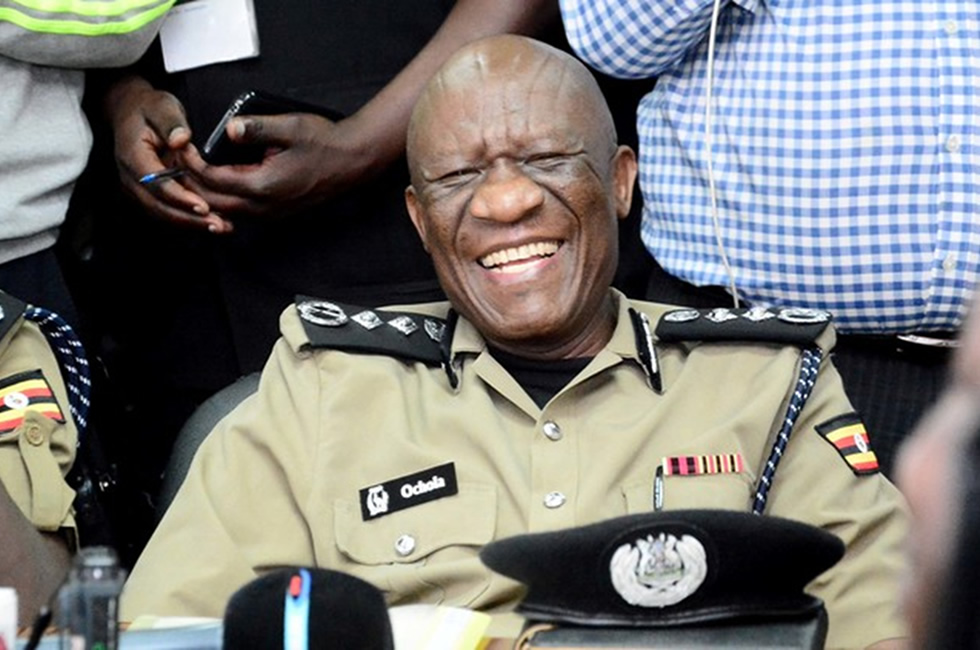
Uganda’s Inspectors-General of Police
Uganda has been served by several Inspectors-General and Commissioners of Police. Here is a list of Inspector Generals of Police since the country attained its independence in October 1962.
Michael J. Macoun, 1959-1964
Lt. Col. Wilson Erinayo Oryema, 1964-1971
Benjamin Othieno, 1971-1974
Luke Ofungi, 1974-1975
Kassim Musa Obura, 1975-1977
Odria, 1977-1979
David Nsubuga Barlow, 1979
William Musoke, 1979-1980
Boniface Aaron Okoth-Ogola, 1980-1985
Luke Ofungi, 1985-1990
David Psomgen, 1990
Apollo Byekwaso, 1990-1992
John Cossey Odomel, 1992-1999
John Kisembo, 1999-2000
Lieutenant-General Edward Katumba Wamala, 2000-2005
Major-General Edward Kale Kayihura, 2005-2018
Martin Okoth Ochola, March 2018 to date
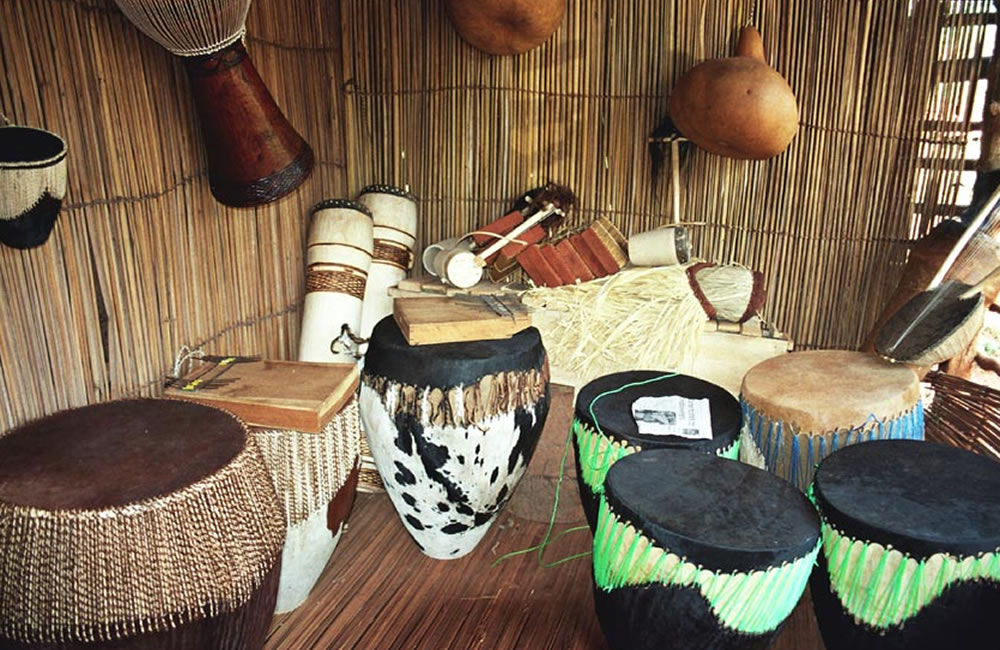
Do You know Uganda’s Local Musical Instruments
Uganda has a number of traditional instruments which aren’t well known but tend to make appearances in local bands and world music. Abraham Sekasi specialises in these instruments and helps make introductions to them.
Drum: In Buganda, we called the drum, Engoma, and it’s one of the most treasured instruments in the African community. In my tribe, it was used to communicate events and tragedies that either happened, were happening, or about to happen – like hunting, war, and worship. A tune, or percusive melody, was played and each melody could indicate a different event in order that the community could respond.
Akogo/Kalimba/Mbira: In English, this is called the ‘Thumb Piano’ and it is a small, hand-held, hollow box with metal prongs that are plucked by the musician. This was originally used mostly by nomads because it was simple, compact and could be easily carried. When they sat down to rest they could simply take out the instrument and play to forget the past and pass the time. In Uganda, this instrument is more normally found and used by West Nile tribes and those from the north of the country.
Endingidi: This is a stringed fiddle and it is easily recongisable as it usually has one string stretched along a wood piece between a base and the instrument’s top. It is played with a bow. The Endingidi is tuned on a pentatonic scale which has five notes per octave rather than the normal seven. It is mostly used by the Baganda and the Basoga people in their traditional orchestras.
Mbaire (Lusoga) / Madinda (Luganda): This is also known as the Marimba or Xylophone in English. This tends to be the lead instrument in many traditional orchestras in Uganda as it is used to tune the other instruments.
Adungu: This is also known as the African bow harp and it originated from the Northern and Western Nile areas. It plays on the diatonic scale which has eight notes in it. You can recognise it as the player holds the base and then plucks the many strings that are attached to its curved bow. The Adungu has specific stories and dances that accompany it.
Entongooli: This is known as the Lyre. In Uganda it usually has a round base and a triangular frame on which the strings are attached. It is mostly played by the Baganda and Basoga. In Kenya, it is mostly played by the Kikuyus.
These are some of the main instruments but don’t even touch on the wind section with the Enkwanzi (Panpipes), Omulele (Flutes) and Agwara (Horns).
The wood instruments, such as the Madinda and Endingidi are made from the native Ugandan Musambya tree – also known as the Nile Tulip or the Bell Bean Tree.
If you’d like to see a whole orchestra of traditional instruments played the best place to go is the Ndere Centre in Kisaasi on Sunday nights for their family show from 4pm to 9pm. If you’d like lessons or to know more about traditional instruments contact Abraham Sekasi: . Email: abramsek@gmail.com. Or phone: +256 (0) 774 146 040.
Read More